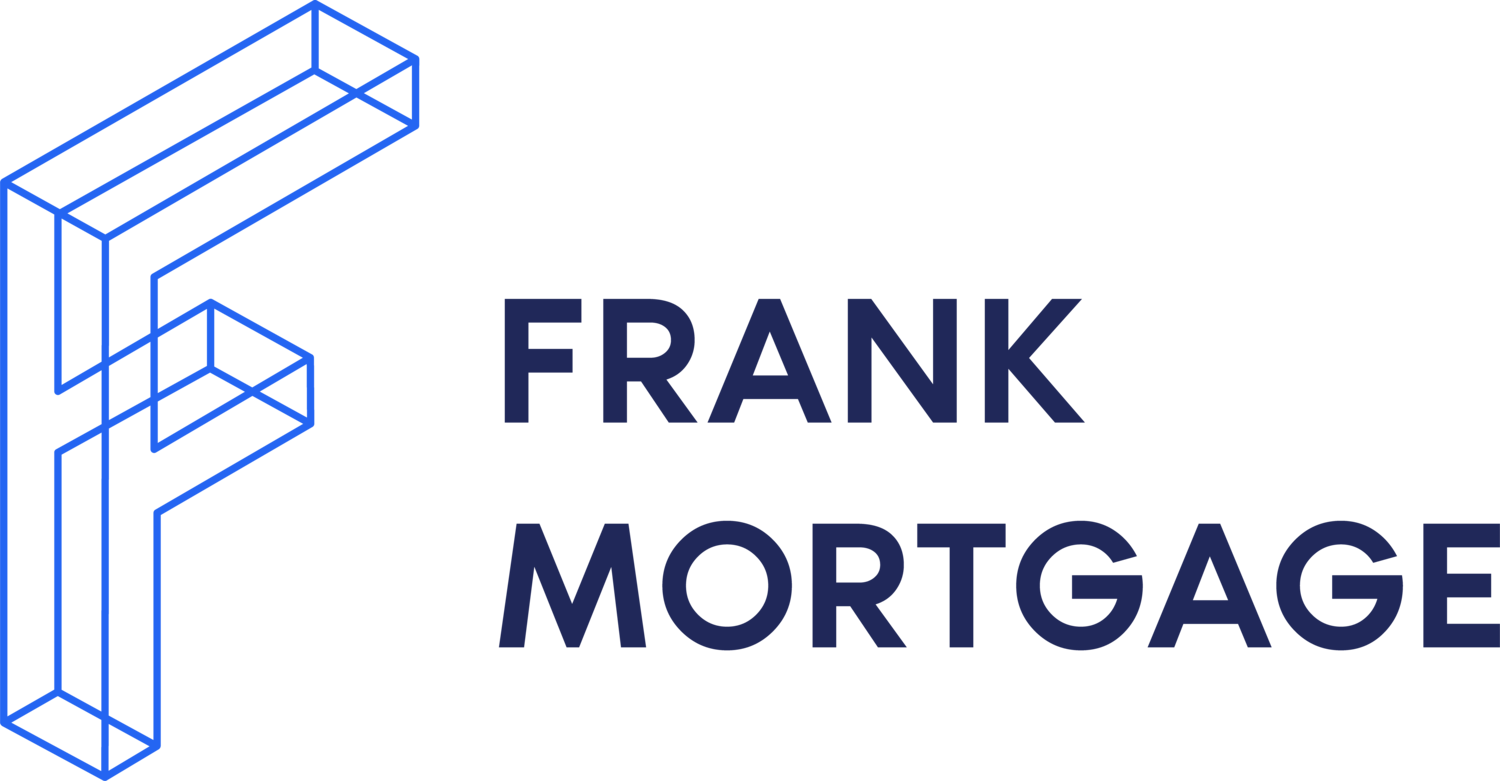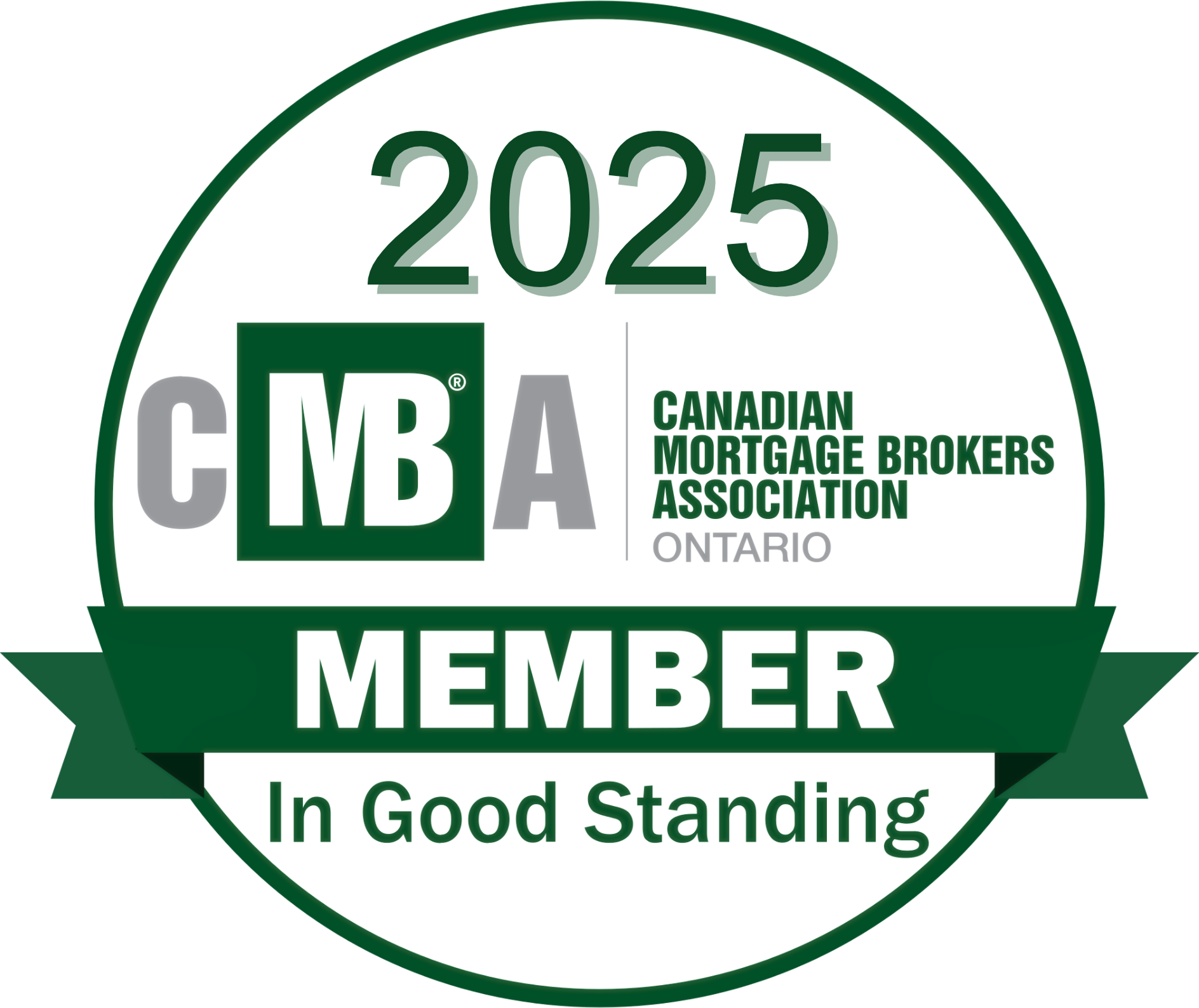How much mortgage can I get with a $70,000 salary in Canada?

When it comes to buying a home, one of the most important factors to consider is your mortgage eligibility. Your salary plays a significant role in determining how much mortgage you can get. In Canada, assuming an average salary of $70,000, we can assess the several factors that will affect your mortgage eligibility. Understanding these factors and calculating your mortgage affordability can help you make informed decisions when it comes to purchasing a home.
Key Takeaways
- Your credit score, debt-to-income ratio, and employment history are key factors affecting mortgage eligibility.
- Your gross income, down payment amount, and interest rates are keys to determine your mortgage affordability.
- Conventional mortgages and high-ratio mortgages )mortgages that require mortgage insurance) are available options for a $70,000 salary.
Factors Affecting Mortgage Eligibility
Credit Score
Your credit score plays a crucial role in determining your mortgage eligibility. Lenders use your credit score to assess your creditworthiness and determine the interest rate you qualify for. A higher credit score generally indicates a lower-risk borrower, making it easier to secure a mortgage with the lowest rates. To improve your credit score, pay your bills on time, keep your credit utilization low, and avoid unnecessarily applying for new credit. It's also important to regularly check your credit report for any errors or discrepancies. Use online tools like an affordability calculator Mortgage Affordability Calculator | How Much Can You Afford?, and debt service calculator in Toronto GDS / TDS Calculator in Canada to understand your housing affordability. You can find obtain your credit score from Equifax or Transunuon to get a better understanding of how a lender will look at you and use your credit score in a way that impacts your ability to afford a mortgage.
Debt-to-Income Ratio
The debt-to-income ratio is an important factor that lenders consider when determining mortgage eligibility. This ratio compares your total monthly debt payments to your gross monthly income. Lenders typically prefer a lower debt-to-income ratio, as it indicates that you have more disposable income to put towards your mortgage payments. A lower ratio also suggests that you are less likely to default on your mortgage. To calculate your total debt-to-income ratio, divide your total monthly debt payments by your gross monthly income and multiply by 100. It is recommended to keep your total debt-to-income ratio below 44%. This ensures that you have enough income to cover your mortgage payments and other financial obligations. Use a mortgage affordability calculator to determine how much mortgage you can afford based on your debt-to-income ratio and other factors. Additionally, you can use a house affordability calculator to estimate the price range of homes you can consider based on your income and expenses. Keep in mind that these calculators provide estimates and should be used as a starting point in your home buying journey. Lastly, if you are considering purchasing a home in an expensive city like Toronto, you can use a Mortgage Affordability Calculator | How Much Can You Afford? as a salary calculator in Toronto to assess how your salary aligns with the cost of living in the city. This can help you determine if your current salary is sufficient to support homeownership in Toronto.
Employment History
A stable employment history is an important factor in determining mortgage eligibility. Lenders prefer borrowers who have a consistent employment record, as it demonstrates financial stability and the ability to make regular mortgage payments. If you have been employed with the same company for a long period or have a history of steady employment, it can increase your chances of getting approved for a mortgage. On the other hand, frequent job changes or gaps in employment may raise concerns for lenders. It is important to provide documentation of your employment history, including pay stubs and employment contracts, to support your mortgage application.
Calculating Mortgage Affordability
Gross Income
To determine how much mortgage you can afford with a $70,000 salary in Canada, your gross income plays a crucial role. Lenders typically use a debt-to-income ratio to assess your eligibility for a mortgage. The debt ratios used by lenders compare your monthly debt payments to your gross monthly income. Generally, lenders prefer a housing debt-to-income ratio of 39% or lower and a total debt service ratio of 44% or lower. To get an estimate of how much mortgage you can afford based on your gross income, you can use a mortgage affordability calculator. A good mortgage affordability calculator can act as a salary calculator in Toronto by showing you the income you need to qualify for different mortgage amounts. These tools take into account factors such as your income, expenses, and interest rates to provide you with an estimate of your maximum mortgage affordability. It's important to note that your gross income is just one factor, and other factors like credit score and employment history also impact your mortgage eligibility. It's recommended to consult with a mortgage professional to get a more accurate assessment of your mortgage options.
Down Payment
The down payment is a crucial factor in determining how much mortgage you can get with a $70,000 salary in Canada. It is the initial amount you pay upfront towards the purchase of a home. Lenders typically require a minimum down payment of 5% of the home’s purchase price for a high-ratio insured mortgage or 20% of the home's purchase price for a conventional uninsured mortgage. Saving for a larger down payment can have several advantages, including lowering your monthly mortgage payments, potentially eliminating the need for mortgage insurance, increasing the size of home you can afford and increasing your chances of mortgage approval. It's important to use a mortgage affordability calculator or a house affordability calculator to determine the ideal down payment amount based on your financial situation. Keep in mind that the down payment is just one of the factors that lenders consider when determining your mortgage eligibility. Other factors such as credit score, debt-to-income ratio, and employment history also play a significant role.
Interest Rates
Interest rates play a crucial role in determining mortgage affordability. When considering how much mortgage you can get with a $70,000 salary in Canada, it's important to remember that interest rates can fluctuate. Higher interest rates can increase your monthly mortgage payments, making it more challenging to afford a home. On the other hand, lower interest rates can make homeownership more accessible. You can use a mortgage affordability calculator to determine the impact of interest rates on your mortgage affordability. This tool takes into account your income, down payment, and interest rates to provide an estimate of the mortgage amount you can afford.
Additionally, it's helpful to understand that a housing affordability calculator also requires inputs to assess the overall cost of homeownership, including property taxes, utilities and condo fees. By considering these factors and using the right tools, you can make an informed decision about your mortgage options and find a home that fits within your budget. Remember that specific mortgage rates and affordability calculations may vary depending on your location, such as using a salary calculator in Toronto for more accurate results.
Mortgage Options for $70,000 Salary
Conventional Mortgage
A conventional mortgage is a type of mortgage that is not insured or guaranteed by the government. It is a popular option for borrowers with a good credit score, large down payment and a stable income. With a conventional mortgage, borrowers typically need to make a down payment of at least 20% of the home's purchase price. This means that for a $300,000 home, the down payment would be $60,000. The interest rates for conventional mortgages are usually higher compared to insured mortgages. It is important to use a mortgage affordability calculator to determine how much you can afford to borrow based on your income, expenses, and other factors. Additionally, using a house affordability calculator can help you determine the price range of homes you can afford based on your salary and other financial information. A good mortgage affordability calculator acts as a salary calculator in Toronto to get an accurate estimate of your required income for a certain mortgage size. Remember, it is crucial to carefully consider your financial situation and consult with a mortgage professional before making any decisions.
High-Ratio Mortgage
A high-ratio mortgage is an option for individuals with a lower down payment. This type of mortgage allows borrowers to purchase a home with a down payment of less than 20% of the purchase price. However, it is important to note that borrowers who opt for a high-ratio mortgage are required to obtain mortgage insurance. Mortgage insurance protects the lender in case the borrower defaults on the loan. The cost of mortgage insurance is typically added to the mortgage balance. Potential homebuyers should use a mortgage affordability calculator to determine the maximum mortgage amount they can afford based on their income, expenses, and other financial factors. Additionally, using a house affordability calculator can help individuals estimate the price range of homes they can consider based on their salary and other financial considerations. It is important to consider the interest rates offered by lenders when calculating mortgage affordability. Interest rates can significantly impact monthly mortgage payments and overall affordability. Individuals can use online resources such as a mortgage affordability calculator which also acts as a salary calculator in Toronto to estimate their required income and determine how much of their salary can be allocated towards mortgage payments. By considering these factors, individuals with a $70,000 salary in Canada can make an informed decision about the mortgage options available to them and find a suitable mortgage that aligns with their financial goals and circumstances.
Mortgage Insurance
Mortgage insurance is an important consideration for homebuyers with a $70,000 salary in Canada. This type of insurance is typically required for homebuyers who have a down payment of less than 20% of the purchase price. It protects the lender in case the borrower defaults on the mortgage. The cost of mortgage insurance depends on various factors, including the loan-to-value ratio and the amortization period. To determine the affordability of a mortgage, it is essential to use tools such as a mortgage affordability calculator and a house affordability calculator. These calculators take into account factors such as gross income, down payment, and interest rates to provide an estimate of the maximum mortgage amount that can be obtained. Additionally, a good mortgage affordability calculator acts as a salary calculator in Toronto to assess their overall financial situation and determine their ability to afford a mortgage. It is crucial to carefully consider all options, including conventional mortgages and high-ratio mortgages, to make an informed decision that aligns with one's financial goals and circumstances.
Frequently Asked Questions
What is a credit score?
A credit score is a numerical representation of an individual's creditworthiness, based on their credit history and financial behavior.
How does my credit score affect my mortgage eligibility?
Your credit score plays a significant role in determining your mortgage eligibility. A higher credit score indicates a lower risk for lenders, making it easier for you to qualify for a mortgage and secure favorable interest rates.
What is a debt-to-income ratio?
Debt-to-income ratio is a measure of your monthly debt payments compared to your gross monthly income. It helps lenders assess your ability to manage additional debt and determines your mortgage affordability.
How does my employment history impact my mortgage eligibility?
Lenders consider your employment history to evaluate the stability of your income. A consistent employment record demonstrates reliability and increases your chances of mortgage approval.
What is a conventional mortgage?
A conventional mortgage is a type of mortgage loan that is not insured or guaranteed by the government, where the borrower has made a down payment of at least 20% of the home’s value.
What is a high-ratio mortgage?
A high-ratio mortgage is a type of mortgage loan where the borrower has a down payment of less than 20% of the purchase price. It requires mortgage insurance to protect the lender in case of default.
About The Author

Don Scott
Don Scott is the founder of a challenger mortgage brokerage that is focused on improving access to mortgages. We can eliminate traditional biases and market restrictions through the use of technology to deliver a mortgage experience focused on the customer. Frankly, getting a mortgage doesn't have to be stressful.
Related Posts






